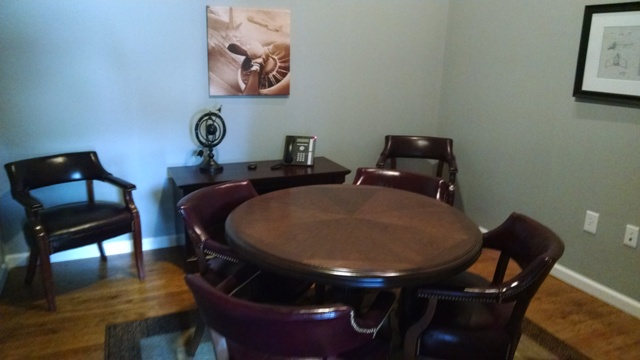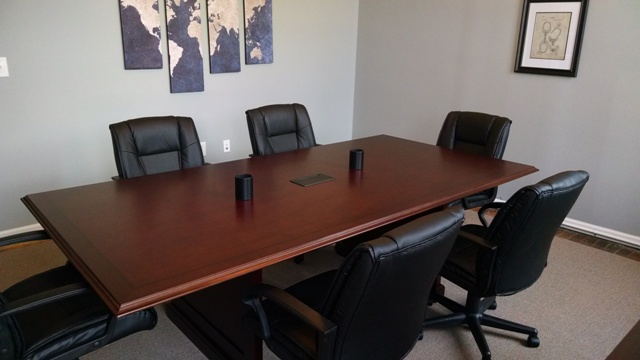Alternative Dispute Resolution
ADR or Alternative Dispute Resolution, encompasses both Mediation and Arbitration as a means to resolve cases without having to resort to a trial. The concept behind ADR is to allow the parties to address their disputes, and find resolutions, without the costs and uncertainties of going through a lengthy trial and then presenting the case to a jury, hoping for the right result.
In South Carolina, ADR has been found to be an excellent way to allow the parties to reach their ultimate goal of resolving their disputes with minimal costs and impact on themselves personally, emotionally, and financially. Here at The Pauley Law Firm, LLC, we can help with that process, and have purposefully provided the facilities necessary to conduct either an effective Arbitration or Mediation for you and your clients/attorneys. Our goal is simply to provide the best possible neutral services to you. Since 2004, Mr. Pauley has served continuously as a Certified Arbitrator, and a Certified Mediator for cases that were brought in Circuit Court for the State of South Carolina. If you engage these services, then you would be hiring Mr. Pauley as a neutral in your case. He would represent neither side. Instead, if the parties utilize Arbitration then something akin to a hearing would be held before Mr. Pauley, who would then be rendering a decision on the facts and evidence that are presented to him in a more formal setting. If the parties prefer to mediate their dispute, then Mr. Pauley would act purely as a neutral to help the parties find some common ground on which to develop an agreement, or a settlement of their dispute, with as minimal a disruption as possible. What is the difference between Mediation and Arbitration?While Arbitration is more of a straight forward process, where evidence is presented, and then a decision is made on that evidence, Mediation is more of an open ended process that permits the parties themselves to have more of a direct impact on the outcome of their case. The goal is to facilitate the parties in reaching a resolution, rather than having it imposed on them as it would be at trial by a jury or even by a Judge or Arbitrator.
|
|
|


